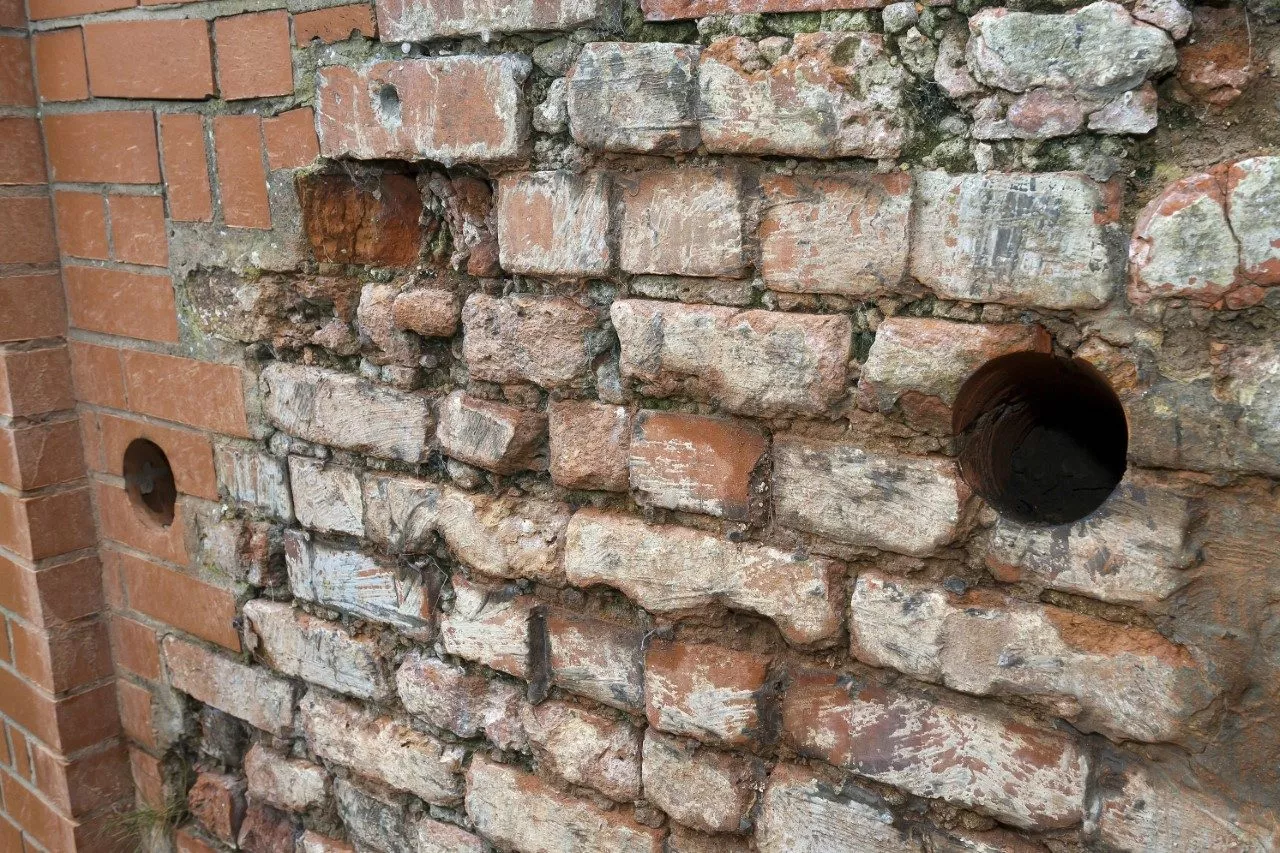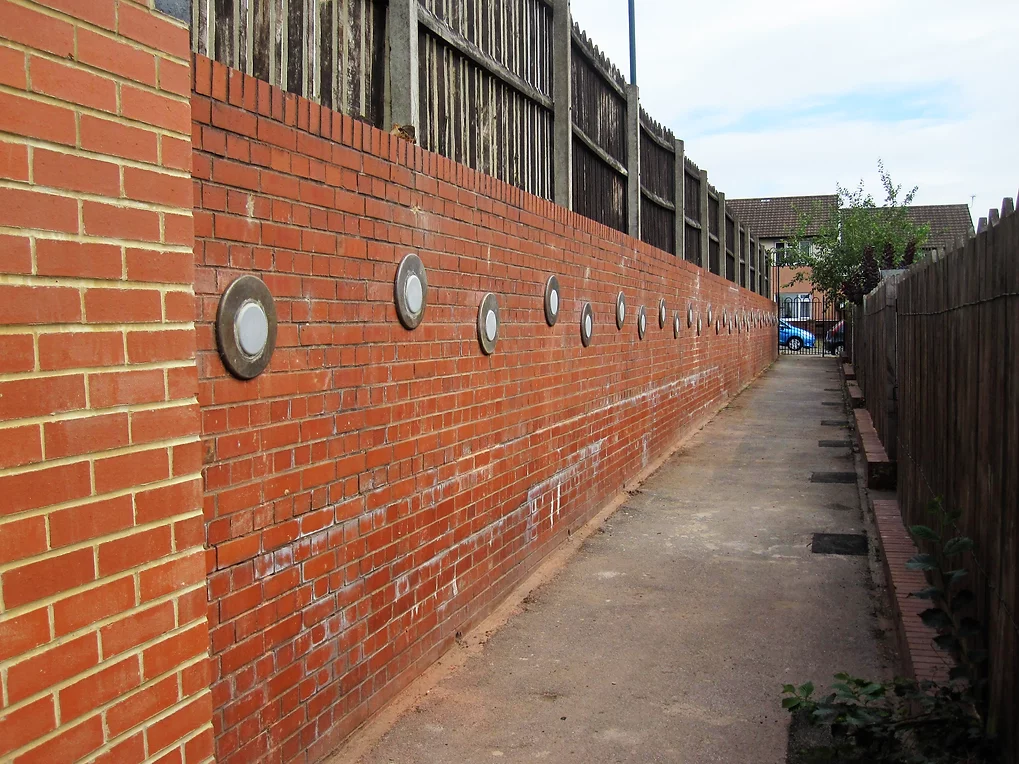Ground anchors
What are ground anchors?
Ground Anchors, often known as Earth or Mechanical anchors are devices which can be used to hold, restrain and support buildings, civil engineering and other structures.
A temporary anchor has a lifespan of under two years and a permanent anchor is any anchor that has a lifespan of over two years.
Ground anchors can support walls against lateral earth and water pressures, secure landslides, rock cuts, tunnels, deep excavations and shafts. It can also help resist uplift on basements due to groundwater or soils, and help overturning or sliding forces in dam projects.

How Do Ground Anchors Work?
Ground Anchors are a load transfer system designed to transfer the forces applied to it to a competent stratum.
Instillation of ground anchors involve pre-drilling a borehole in which the anchor tendon, a strand or bar, is inserted and grouted. The grout hardens before the load is applied using hydraulic pumps and jacks. An anchor cap is then fitted to provide protection from overhead corrosion.

What Are The Benefits Of Ground anchors?
Insurance Claims
Structural Repairs are a leading global specialist